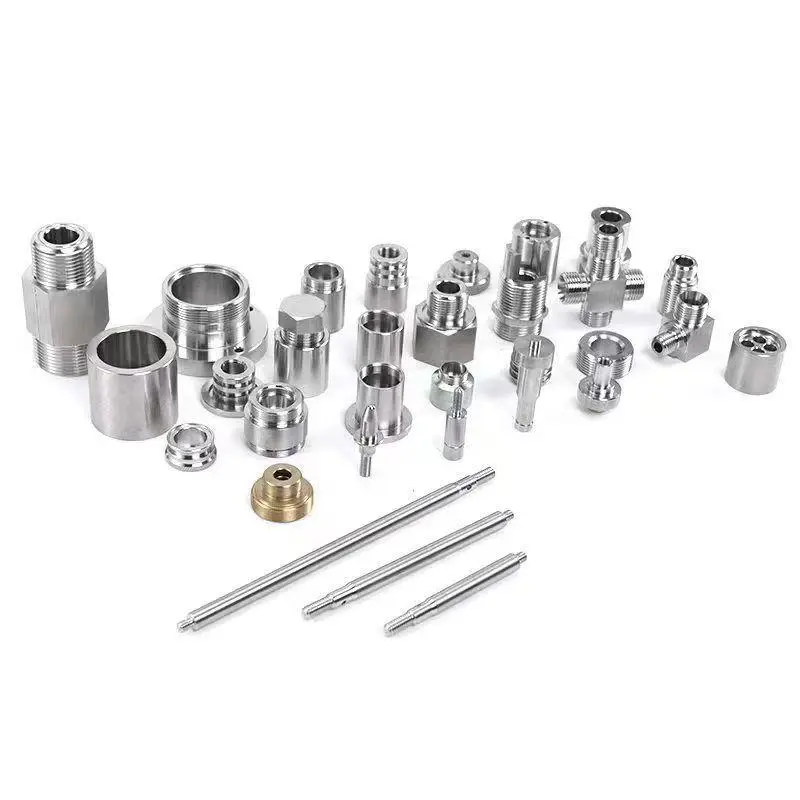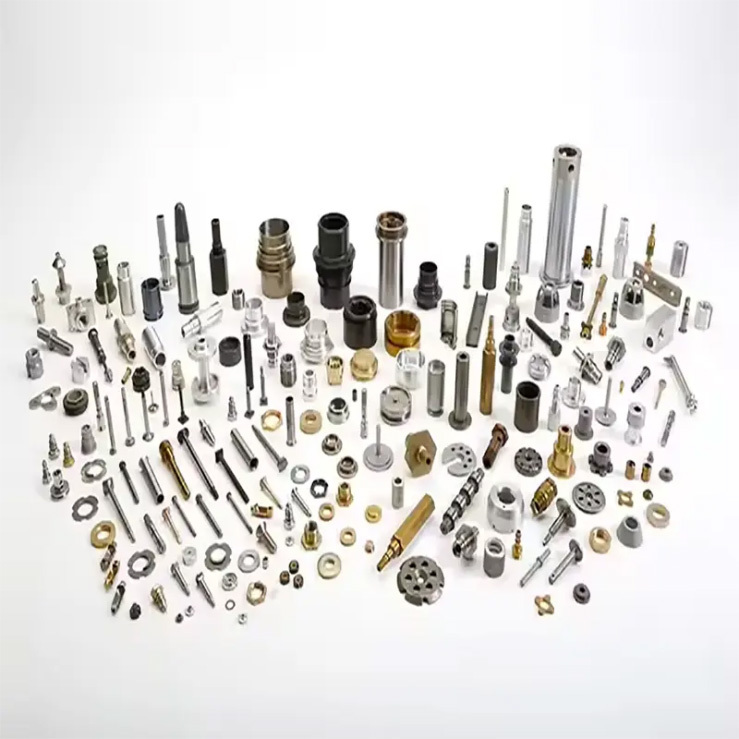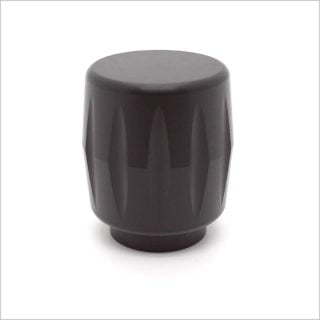Understanding CNC Swiss Plastic Machined Parts: A Gateway to Precision Manufacturing
Published Time:
2025-08-11
CNC (Computer Numerical Control) Swiss machining is a specialized process that combines advanced technology with the versatility of plastic materials. This method is particularly effective for creating intricate shapes and precise dimensions that are often required in various manufacturing applications. CNC Swiss plastic machined parts are notable for their ability to produce high volumes of parts with exceptional accuracy and repeatability.
One of the primary advantages of using CNC Swiss machining for plastic components is the ability to work with a range of plastic materials, including thermoplastics and thermosetting plastics. These materials are lightweight, resistant to corrosion, and can be engineered to meet specific performance requirements. The flexibility of plastic machining allows manufacturers to produce components that not only meet stringent tolerances but also exhibit properties like electrical insulation, chemical resistance, and low friction.
The CNC Swiss machining process involves a unique setup where the workpiece is held in a rotating spindle, allowing for continuous cutting and shaping as the material is fed through the machine. This method is particularly well-suited for producing small, complex parts with tight tolerances. The result is a manufacturing process that minimizes waste and maximizes efficiency, making it an ideal choice for high-production environments.
Applications of CNC Swiss plastic machined parts are vast and varied. They are widely used in industries such as aerospace, automotive, medical devices, and electronics. For example, in the medical industry, precision plastic components are essential for devices that require sterile conditions and lightweight construction. In electronics, these parts are often found in connectors and housings, where precise dimensions and material properties are critical for functionality.
Moreover, the integration of CNC technology into Swiss machining allows for rapid prototyping and quick turnaround times, enabling manufacturers to adapt to changing market needs swiftly. This capability is particularly beneficial for businesses that require custom parts without the long lead times associated with traditional machining processes.
In conclusion, CNC Swiss plastic machined parts represent a powerful tool in the arsenal of modern manufacturing techniques. Their ability to produce high-precision components from versatile materials makes them indispensable across various industries. As technology continues to advance, the potential for CNC Swiss machining in plastic applications will only grow, paving the way for innovative solutions and new opportunities in precision manufacturing.
One of the primary advantages of using CNC Swiss machining for plastic components is the ability to work with a range of plastic materials, including thermoplastics and thermosetting plastics. These materials are lightweight, resistant to corrosion, and can be engineered to meet specific performance requirements. The flexibility of plastic machining allows manufacturers to produce components that not only meet stringent tolerances but also exhibit properties like electrical insulation, chemical resistance, and low friction.
The CNC Swiss machining process involves a unique setup where the workpiece is held in a rotating spindle, allowing for continuous cutting and shaping as the material is fed through the machine. This method is particularly well-suited for producing small, complex parts with tight tolerances. The result is a manufacturing process that minimizes waste and maximizes efficiency, making it an ideal choice for high-production environments.
Applications of CNC Swiss plastic machined parts are vast and varied. They are widely used in industries such as aerospace, automotive, medical devices, and electronics. For example, in the medical industry, precision plastic components are essential for devices that require sterile conditions and lightweight construction. In electronics, these parts are often found in connectors and housings, where precise dimensions and material properties are critical for functionality.
Moreover, the integration of CNC technology into Swiss machining allows for rapid prototyping and quick turnaround times, enabling manufacturers to adapt to changing market needs swiftly. This capability is particularly beneficial for businesses that require custom parts without the long lead times associated with traditional machining processes.
In conclusion, CNC Swiss plastic machined parts represent a powerful tool in the arsenal of modern manufacturing techniques. Their ability to produce high-precision components from versatile materials makes them indispensable across various industries. As technology continues to advance, the potential for CNC Swiss machining in plastic applications will only grow, paving the way for innovative solutions and new opportunities in precision manufacturing.
NewsCenter
Beijing Pafinal Precision Machinery Co., Ltd.
Email:sales@pafinal.com

Address: No. 239 Huanhe South Road, Tianjin Pilot Free Trade Zone (Airport Economic Zone), Tianjin
中企跨境-全域组件
制作前进入CSS配置样式
sales@pafinal.com:
Whatsapp:
在线客服添加返回顶部
图片alt标题设置: PAFINAL
表单验证提示文本: Content cannot be empty!
循环体没有内容时: Sorry,no matching items were found.
CSS / JS 文件放置地




 2025-09-28
2025-09-28


